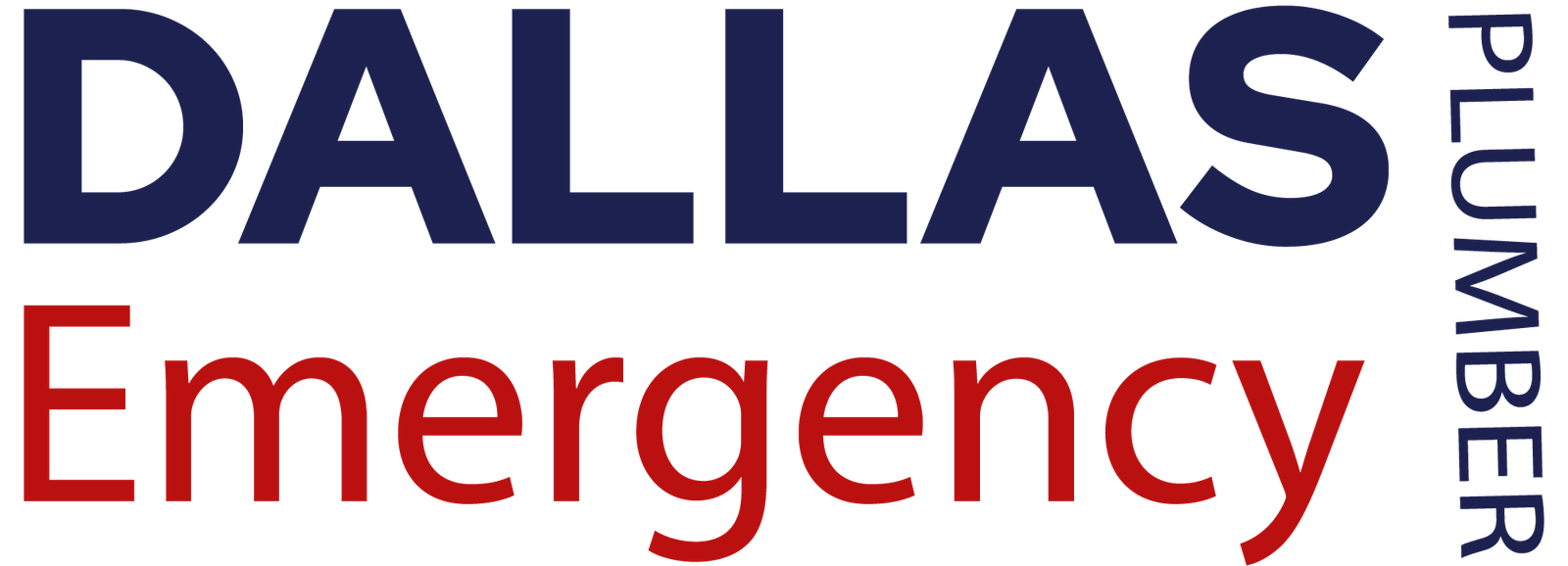A sewer backup or blockage is a homeowner’s nightmare, causing unpleasant odors, damage to property, and potential health hazards. Understanding the causes of sewer backups and blockages, as well as how to prevent and address them, can help you maintain a safe and healthy living environment. In this blog post, we will discuss the common causes of sewer backups and blockages, how to prevent them, and the best solutions when faced with these issues.
Causes of Sewer Backups and Blockages:
- Tree roots: Tree roots can infiltrate sewer lines, causing blockages and eventual backups. Roots seek out moisture and nutrients, making sewer lines a prime target.
- Grease and fat: Grease, fats, and oils poured down drains can solidify and build up within pipes, leading to blockages and backups.
- Foreign objects: Items such as sanitary products, diapers, or paper towels can cause blockages if they are flushed down the toilet.
- Aging or damaged pipes: Over time, pipes can corrode, crack, or collapse, leading to blockages and backups.
- Heavy rainfall or storms: Excessive rainfall or stormwater can overwhelm sewer systems, resulting in backups.
Prevention Tips:
- Regular maintenance: Schedule regular sewer line inspections and maintenance to identify and fix potential issues before they become emergencies.
- Proper disposal: Avoid pouring grease, fats, and oils down drains. Dispose of these substances in the trash instead.
- Mind what you flush: Only flush toilet paper and human waste down the toilet. Dispose of other items, such as sanitary products and paper towels, in the trash.
- Install a backwater valve: A backwater valve can help prevent sewer backups by allowing sewage to flow out of your home while preventing it from flowing back in.
Solutions for Sewer Backups and Blockages:
- Professional help: If you suspect a sewer backup or blockage, contact a professional plumber immediately to assess and address the issue.
- Drain cleaning: Professional drain cleaning can help remove blockages and restore proper flow within your sewer system.
- Sewer line repair or replacement: If your sewer line is damaged or compromised, a professional plumber may recommend repairing or replacing the line to prevent future backups and blockages.
- Tree root removal: If tree roots are the cause of your sewer issues, a plumber can use specialized equipment to remove the roots and repair any damage they may have caused.
Conclusion:
Sewer backups and blockages can be a significant issue for homeowners, but understanding their causes and taking preventative measures can help minimize their occurrence. Regular maintenance, proper disposal of waste, and prompt attention to potential issues are essential steps in keeping your sewer system running smoothly. If you encounter a sewer backup or blockage, contact a professional plumber for assistance in diagnosing and addressing the problem.

